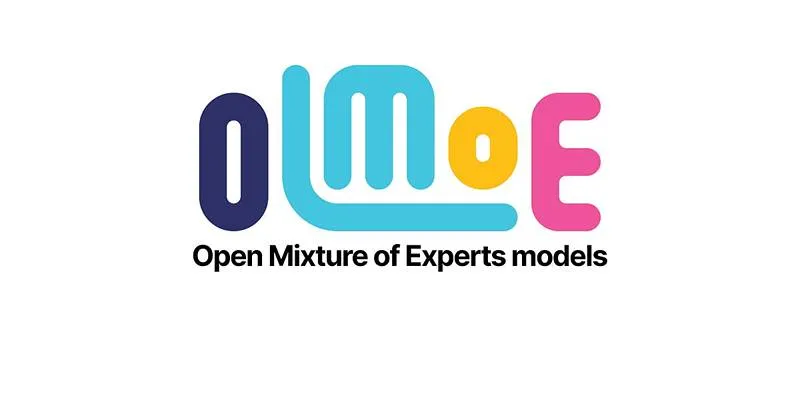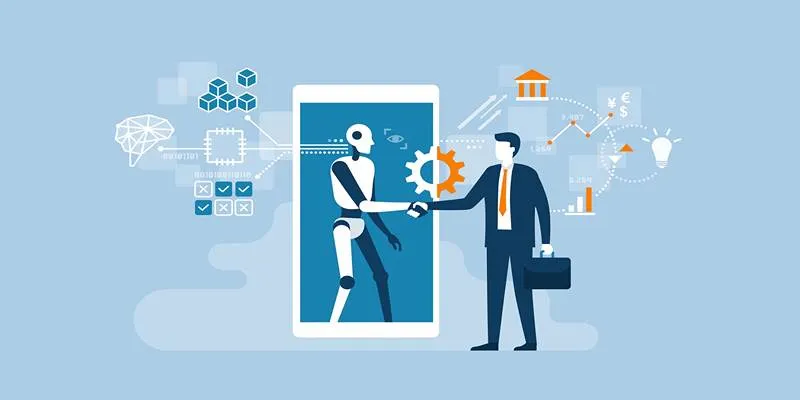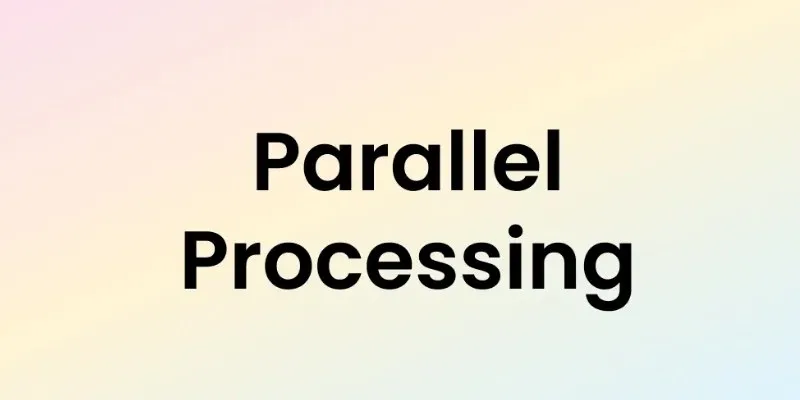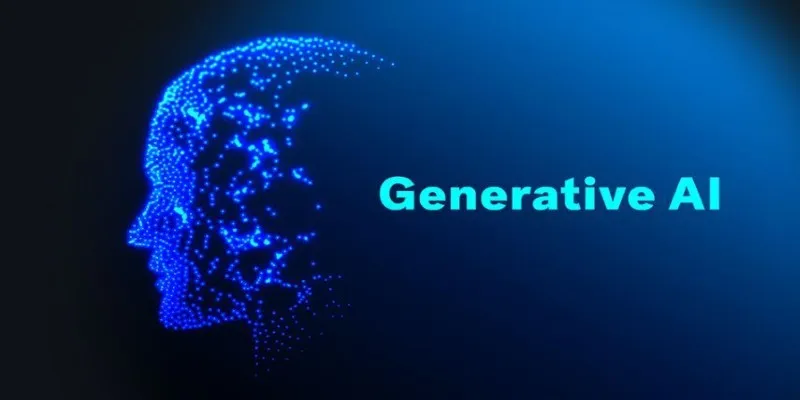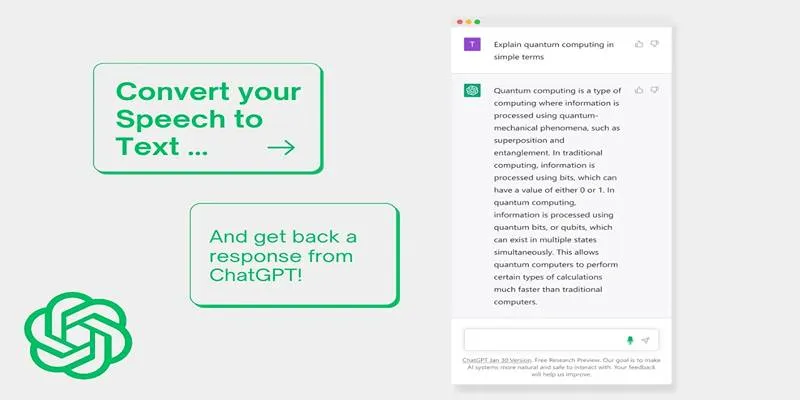The sales landscape is evolving rapidly, with artificial intelligence (AI) at the forefront of this transformation. AI is no longer just a tool; it has become an essential partner in the sales process. From addressing customer inquiries to anticipating purchasing preferences, AI is reshaping how businesses approach sales.
Companies that integrate AI into their sales strategies are witnessing impressive outcomes. They are closing more deals, connecting with the right customers, and optimizing their time effectively. In this post, we explore how AI is shaping the future of sales and what steps sales teams can take today to stay competitive.
The Growing Role of AI in Sales
The integration of AI into sales is not a fleeting trend; it’s a significant shift poised to redefine sales methodologies. Early adopters of AI are likely to gain a competitive edge in an increasingly data-driven marketplace.
AI is already enhancing sales efforts in several key areas:
- Identifying high-potential prospects
- Gaining insights into customer needs
- Automating routine communications
- Providing more accurate sales forecasts
- Strengthening customer relationships
Sales teams leveraging AI work smarter, not harder, allowing them to concentrate on high-value tasks such as closing deals and establishing trust.
Predictive Sales and Data-Driven Decisions
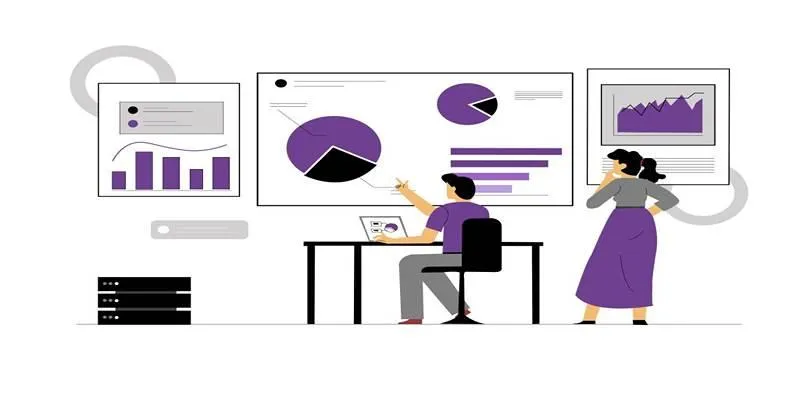
Predictive analytics is one of the most impactful applications of AI in sales. AI tools can process vast amounts of data to uncover patterns that may not be apparent to human analysts. These insights help predict future customer behaviors, providing sales professionals with a clear understanding of which prospects are most likely to convert.
For instance, AI can analyze web activity, email engagement, and past purchases to identify buying signals. This information can inform sales teams about the optimal time to reach out and the type of message that is likely to elicit a response.
Key Benefits of Predictive Sales Tools:
- Enhanced lead prioritization
- Optimized timing for follow-ups
- Increased win rates
- More accurate sales forecasts
Such forecasting is particularly valuable for managers who require reliable data to set sales targets and manage inventory efficiently.
Smarter Lead Scoring and Qualification
Lead qualification can be a labor-intensive task for sales teams. AI streamlines this process, making it faster and more precise. AI systems evaluate leads based on various data points, such as company size, industry, budget, and engagement level.
Instead of relying solely on intuition, sales teams can use AI-generated scores to determine which prospects are worth pursuing. This approach minimizes time spent on low-quality leads and maximizes focus on high- conversion opportunities.
Sales Automation with AI Assistants
AI-powered virtual sales assistants are becoming a staple in modern businesses. These digital assistants manage routine tasks such as scheduling meetings, logging CRM data, and sending follow-up emails. By automating these duties, sales professionals can dedicate more time to selling rather than administrative tasks.
Common Uses of AI Assistants:
- Managing calendars and booking appointments
- Sending reminders and follow-ups
- Collecting and updating customer data
- Recommending the next best actions
The goal is not to replace human representatives but to enhance their efficiency and focus.
Hyper-Personalized Sales Communication
Today’s customers demand personalization; generic sales messages are no longer effective. AI enables businesses to personalize outreach on a large scale by analyzing customer behaviors and preferences.
For example, AI can recommend the best product to promote, the ideal time to send a message, and even the appropriate tone for communication.
Benefits of AI-Driven Personalization:
- Higher email open and click-through rates
- Stronger customer relationships
- More effective product recommendations
- Improved overall conversion rates
AI Chatbots and Conversational Tools
AI chatbots have significantly advanced in recent years. They now utilize sophisticated language models to comprehend and respond to customer queries swiftly and accurately. These bots operate 24/7, assisting in lead qualification, product education, and customer support.
Sales teams deploy chatbots on websites to initiate conversations, gather contact details, and guide visitors through the buying journey. When a bot identifies a high-quality lead, it can transfer it to a human representative. While bots cannot fully replace human interaction, they effectively manage the initial stages of the sales process.
Voice AI and Sentiment Analysis
AI is also enhancing sales call management and analysis. With voice AI and sentiment analysis, sales leaders can evaluate customer conversations in real- time or after a call. These tools can detect tone, stress levels, and emotional cues, indicating whether a customer is interested or hesitant.
Applications of Voice AI in Sales:
- Real-time coaching during calls
- Post-call performance reviews
- Speech-to-text note automation
- Detection of buying signals
By leveraging these insights, sales representatives can refine their communication techniques and build stronger rapport with potential buyers.
Preparing for the AI-Powered Sales Future

As AI tools become more accessible, businesses must prepare their teams for this new working paradigm. Successful adoption hinges on mindset, training, and strategy.
Steps to Prepare:
- Educate the sales team: Offer training on AI tools and their benefits.
- Clean the data: Ensure CRM systems are accurate and up to date for AI to be effective.
- Start small: Begin with simple tools like email automation or lead scoring and scale up gradually.
Investing in AI without proper planning and training can yield poor results. However, with the right approach, AI can become a valuable asset to any sales team.
Conclusion
AI is no longer a futuristic concept; it’s already a central element in the modern sales arena. From predictive analytics and automation to personalized outreach and conversational bots, AI is revolutionizing sales at every level. Businesses that embrace this technology are gaining a competitive edge by closing deals faster, understanding customers better, and enhancing overall performance. The future of AI in sales is about smart technology working alongside skilled professionals—and it’s already unfolding.
 zfn9
zfn9




